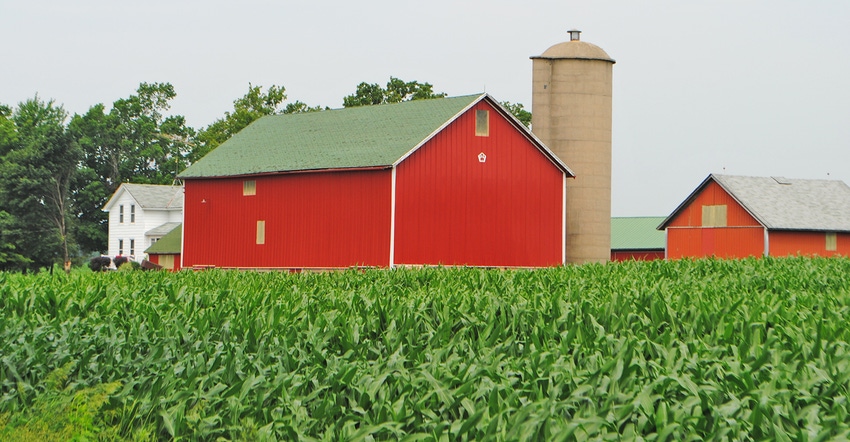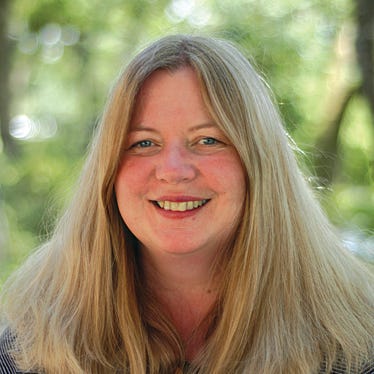
Over the course of the next year or so, Wisconsin residents will begin noticing changes to University of Wisconsin Cooperative Extension, both at the state and county levels. Extension is in the midst of realigning how county Extension agents and state specialists serve Wisconsin farmers, 4-H members and residents seeking advice on family living, community development and horticulture.
Called nEXT Generation, the changes are a direct result of budget cuts to the UW System over the past several biennial budgets. “We’re in the process of getting nEXT Generation going,” explains David Williams, retiring associate program director for Agriculture and Natural Resources Extension.
2 departments
Instead of the four program areas Extension currently has — agriculture and natural resources; 4-H and youth development; family living; and community, natural resources and economic development — there will be two departments. Those departments will be agriculture and natural resources, and youth, family and community development.
“On the ag and natural resources side [the Agriculture Institute], we will have four centers — an agronomy center, an animal ag center, a farm management center and a horticulture center — coordinating programs across the state,” Williams says. “Each center will have a part-time director. The director will also have a county or state specialist role in a subject appropriate for the center. We want the center directors to be grounded in the subject matter of the center they will be providing leadership.”
Eventually, there will also be field-based specialists with state or regional responsibilities. These specialists will work with farmers.
“For example, we could have a livestock specialist that would work with producers all across the state, or we could have a water quality and quantity field specialist that would work on water issues in central Wisconsin,” he notes.
Voluntary separation program created
To help manage the $3.6 million budget cut, Cooperative Extension created a voluntary separation incentive program for ranked faculty who met certain retirement eligibility requirements. A few long-serving ag educators are participating in this program and will be leaving their positions during the next several months.
Decisions to refill these positions will depend upon the needs of the community. Cooperative Extension is working with local governments to prioritize refilling vacancies.
New funding formula
Williams says the traditional Extension funding formula of the past, with the state and federal government paying 60% of a county Extension agent’s salary and the county paying 40%, will change. “Counties will be charged a fixed amount for a county agriculture educator instead of a percentage,” he says. “Counties will have more options. Some may decide to share Extension educators over two or more counties; others, like Dane and Brown, may decide to invest in a dedicated educator for their county.”
Williams says counties will pay $10,000 less for their first county agent to encourage each county to have an Extension office.
“Overall, counties will be paying about the same for all of their UW Extension positions as they are now,” Williams says. “Counties will have to see the model working to decide if they want to invest.”
Williams says new administrators are in the process of being hired.
More information about nEXT Generation will be rolled out in 2018.
About the Author(s)
You May Also Like






